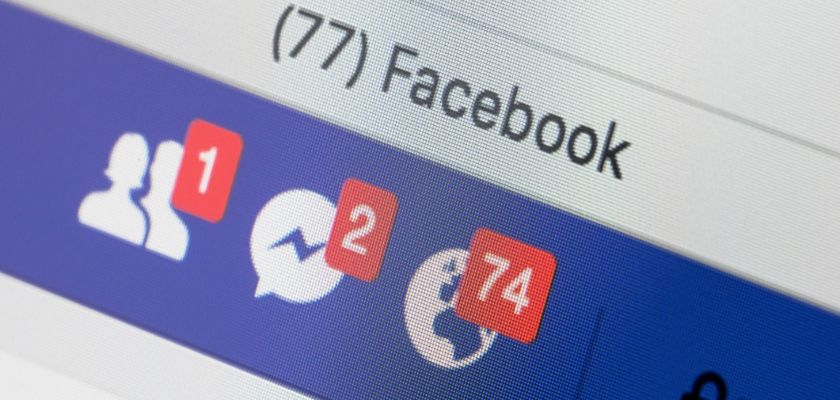Facebook announced Thursday it had found some evidence that people connected to the government of Saudi Arabia have been conducting covert campaigns on Facebook and Instagram to increase support for the kingdom and attack its enemies.
This is the first time the social network publicly discloses the finding and taking down of a covert influence campaign linked to the Saudis. The minds behind the campaign, who were not directly mentioned by Facebook, were running a complex operation involving hundreds of pages and accounts. They built fake personas and financed the ads with more than $100,000 on Facebook and Instagram. Overall, the pages involved in the campaign had more than one million followers, reports Facebook.
“We have shared information about our findings with law enforcement, industry partners and policymakers,” wrote Nathaniel Gleicher, head of cybersecurity policy, in a blog post dating Thursday.
Some of the Saudi pages looked like local news websites for people in the Middle East and North Africa; others were fake accounts meant to look like people from countries in those regions. The pages and accounts reported about Saudi Crown Prince Mohammad Bin Salman’s economic and social reform project, depicted the success of the Saudi armed forces in Yemen, and “also frequently shared criticism of neighboring countries including Iran, Qatar, and Turkey, and called into question the credibility of Al-Jazeera news network and Amnesty International,” Gleicher wrote.
Facebook said that the investigative website Bellingcat helped to identify the pages that were taken down. In June, Bellingcat released a report saying that Saud Al-Qahtani, Bin Salaman’s chief of communication, purchased hacking services and had a role in the creation of fake social media accounts. He is the same communication chief that was implicated in the murder of journalist Jamal Khashoggi.
Facebook took down a total of 217 accounts, 144 pages, five groups, and 31 Instagram accounts belonging to the network. The pages, Facebook said, focused primarily on “Qatar, Saudi Arabia, the United Arab Emirates, Bahrain, Egypt, Morocco, Palestine, Lebanon, and Jordan.”
“We’re taking down these Pages, Groups, and accounts based on their behavior, not the content they posted,” said Gleicher.
Facebook also took down a separate network of accounts run out of the United Arab Emirates and Egypt. In this case, the pages had almost 14 million followers and spent $167,000 on ads. The pages were administered by two marketing firms in the UAE and Egypt and were directed to audiences in the Middle East and North Africa, said Facebook.
The pages talked about “alleged support of terrorist groups by Qatar and Turkey, Iran’s activity in Yemen, the conflict in Libya, successes of the Saudi-led coalition in Yemen, and independence for Somaliland,” Gleicher wrote.






















